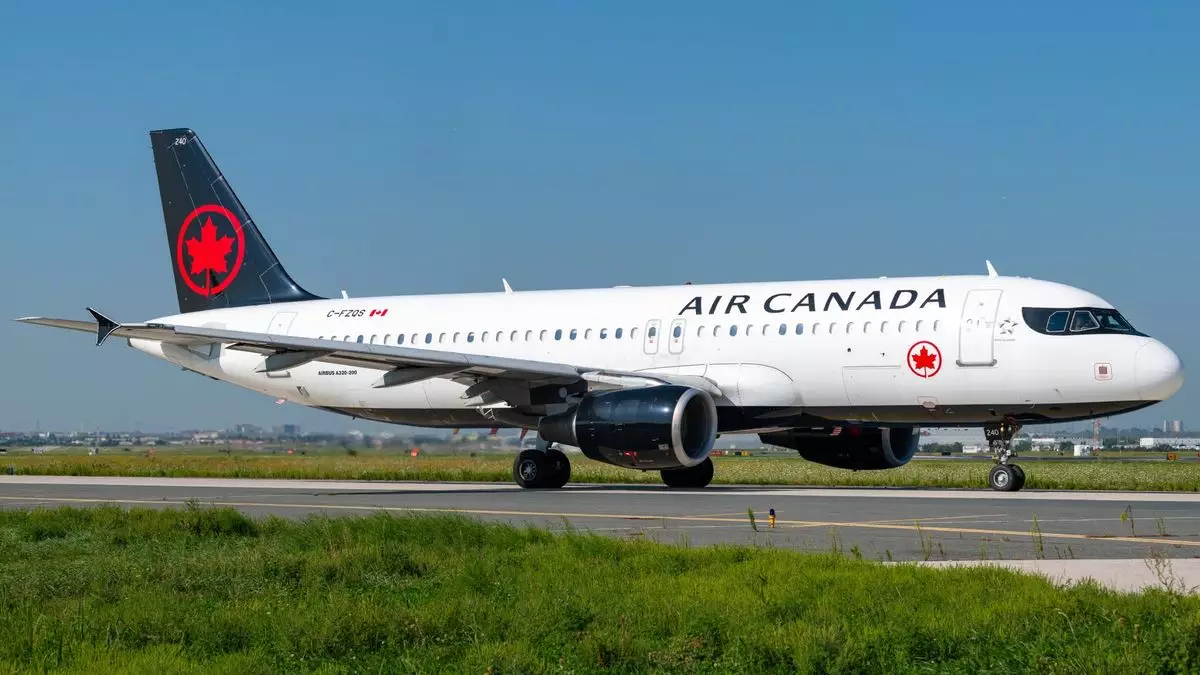Air Canada is currently facing a significant challenge in its negotiations with the Air Line Pilots Association (ALPA). The two parties are in a legally mandated 21-day cooling-off period that concludes at the end of the day on September 17. Despite efforts to reach an agreement, Air Canada announced that they remain far apart in negotiations. The carrier has urged ALPA to moderate its wage demands, which the airline believes far exceed average Canadian wage increases.
ALPA’s Response
ALPA has firmly responded to Air Canada’s stance, arguing that the airline should come to the bargaining table with serious proposals instead of resorting to threats of disrupting air travel. The union has criticized Air Canada for posting record profits and rewarding executives handsomely while expecting pilots to accept below-market compensation. ALPA emphasized the need for Air Canada to negotiate a contract that reflects the unique contributions of its pilots.
Potential Impact on Operations
In the event of a strike or lockout, flights operated under the Air Canada brand, as well as those operated by its subsidiary, Air Canada Rouge, would be affected. While Air Canada Express regional flights, operated by contracted carriers Jazz and PAL, could continue to operate, many customers fly on itineraries that connect into Air Canada’s mainline operations. The airline has indicated that initial wind-down activities would need to commence soon, including the cancellation of some vacation-package flights and the grounding of certain aircraft.
Air Canada estimates that approximately 110,000 customers would be impacted daily in the event of a strike or lockout. The airline has assured ticket holders of canceled flights that they would be entitled to a refund. Furthermore, Air Canada has been making arrangements with other airlines to secure space in case of flight cancellations. Customers would be notified by the airline or their travel agency if alternative travel options on other carriers were identified for them.
Potential Government Intervention
Should a grounding occur, Air Canada anticipates that it could take seven to ten days for normal operations to resume following a settlement with ALPA. The carrier has expressed its willingness to ask the Canadian government to intervene in the dispute, similar to past interventions in labor-related conflicts. The Canadian government had previously intervened in a dispute involving freight train workers and imposed binding arbitration, potentially setting a precedent for Air Canada’s situation.
Since August 27, Air Canada has been offering increased flexibility for customers with bookings for travel between September 15 and September 23 in anticipation of a potential strike or lockout. The airline has been transparent about the potential disruptions and inconvenience that passengers may face in the event of a work stoppage. Air Canada is committed to ensuring that customers are informed and accommodated to the best of its ability during any operational challenges.
The impasse between Air Canada and its pilots union has created a sense of uncertainty and apprehension regarding the airline’s operations. The looming threat of a strike or lockout underscores the complexities of labor relations within the aviation industry and the potential impact on both the airline and its customers. As negotiations continue and the possibility of government intervention remains on the horizon, the resolution of this dispute will be crucial for maintaining the stability and reputation of Air Canada in the face of labor unrest.


Napsat komentář